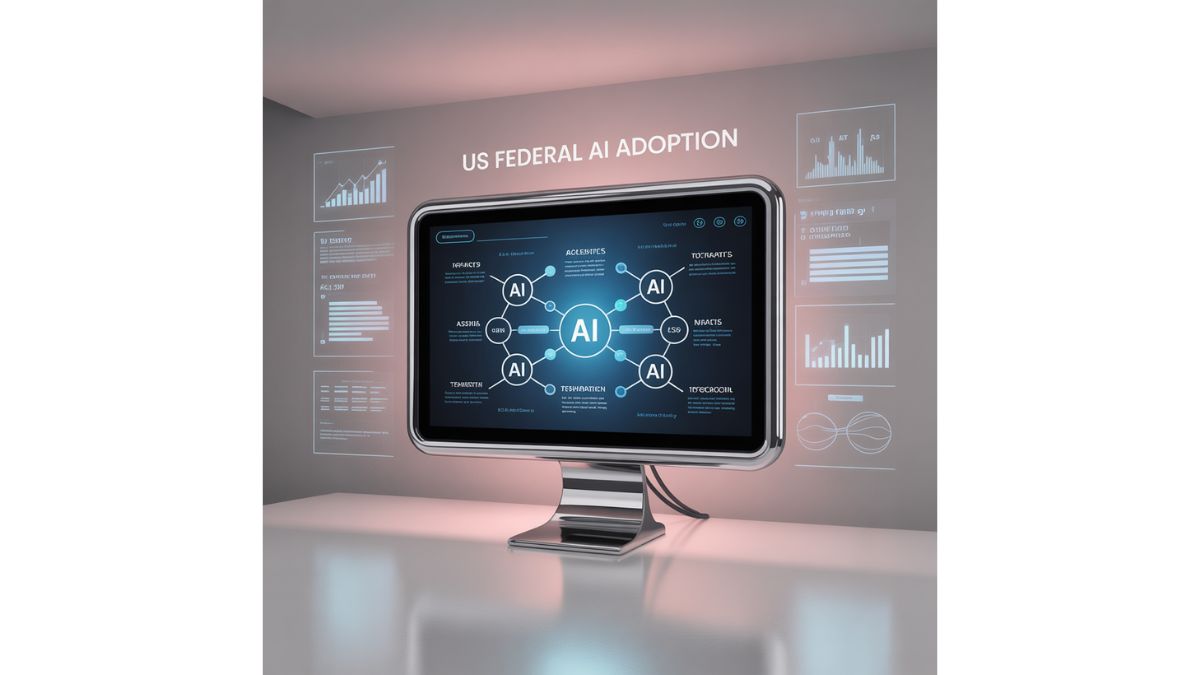
Microsoft and the U.S. General Services Administration (GSA) have unveiled an overarching partnership that will leverage AI to expedite the adoption of AI by the US federal government in a historic agreement that marks the dawn of a new era in public sector technology. The deal will transform the way federal agencies work, simplify services, and provide tremendous cost savings to the taxpayers, estimated at more than 6 billion dollars after three years and at 3.1 billion dollars within the first year.
This partnership is not a mere software acquisition; it is a strategic step to place the American government at the center of AI adoption. The core of the agreement is one year of Microsoft 365 Copilot at no extra charge to government workers working under the high-security G5 license. This project is a direct answer to the AI Action Plan of the administration, which focuses on ensuring rapid and safe implementation of modern artificial intelligence to improve all aspects of services to citizens, as well as advanced data analysis.
The technological infrastructure of the government is a fragmented landscape, too long, with systems that are too different to work together. OneGov, the model that this deal promotes, is expected to break through these barriers by taking advantage of the federal government as an aggregate buyer.
FAS Commissioner Joshua Gruenbaum described this as a paradigm shift in federal procurement that is saving the federal government vast amounts of money by cutting costs by taking advantage of the purchasing power of the entire federal government. This method allows access to the latest AI tools, but in addition, it offers substantial discounts on Azure cloud services and removes data transfer expenses, which have long posed a barrier to cooperation among agencies.
Enhancing Efficiency and Strengthening Security for the US federal government
The immediate effect of this initiative will be experienced within government departments as workers will access the tools that could automate the most tedious processes, including the need to draft an email, summarise a document, and handle data. With these basic tasks dumped, federal employees will be able to spend more time and effort on more important, more mission-driven work that demands human judgment and skills. This emphasis on efficiency is a central principle of the deal, and one that aims at changing the way government operates on a ground level.
Nevertheless, there are intrinsic security issues around the expedited adoption of artificial intelligence in the US at the federal level. The agreement takes proactive steps to deal with these problems on the basis of sound security measures. Microsoft has confirmed that its fundamental cloud and AI services are already FedRAMP High security authorized, a key requirement in working with sensitive government information.
Although Copilot is yet to complete full certification as a FedRAMP High, it has already been given a provisional green light by the Department of Defence, further endorsing the government’s approach of a zero-trust security framework. The package likewise comes with superior security tools such as Microsoft Sentinel and Entra ID, a multi-layered protection against any possible cyber threat.
GSA Deputy Administrator Stephen Ehikian has encouraged agencies to also adopt these new capabilities and said, “GSA is happy to collaborate with technology firms, such as Microsoft, to promote the use of AI throughout the federal government, which is a major priority of the Trump Administration. This future-oriented strategy highlights an investment in delivering government workers with transformative AI tools that simplify operations, reduce costs and improve outcomes.

Microsoft is not just supplying the technology; it is also investing in its successful realisation. To help agencies incorporate and make successful use of the new tools, the company has invested an extra $20 million in support and training, including workshops. This is a promise that the technology will be utilised to its fullest benefits, finding additional opportunities to make waste reductions and to optimise operations.
The Microsoft and the GSA partnership can be considered a real-life example of the effectiveness of the partnership between the two entities, the state and the corporation, when it comes to advancing technologies. It is a provocative step that puts the U.S. government at the forefront of AI regulation and use and shows a strong interest in modernization and efficiency.
Microsoft Chairman and CEO, Satya Nadella, said that with this new agreement, we would assist federal agencies to deploy AI and digital technologies to better meet citizen services, enhance security, and save taxpayers over 3 billion dollars in the first year alone. This historic agreement is one of the key steps to creating a more responsive, secure and efficient digital era government.





